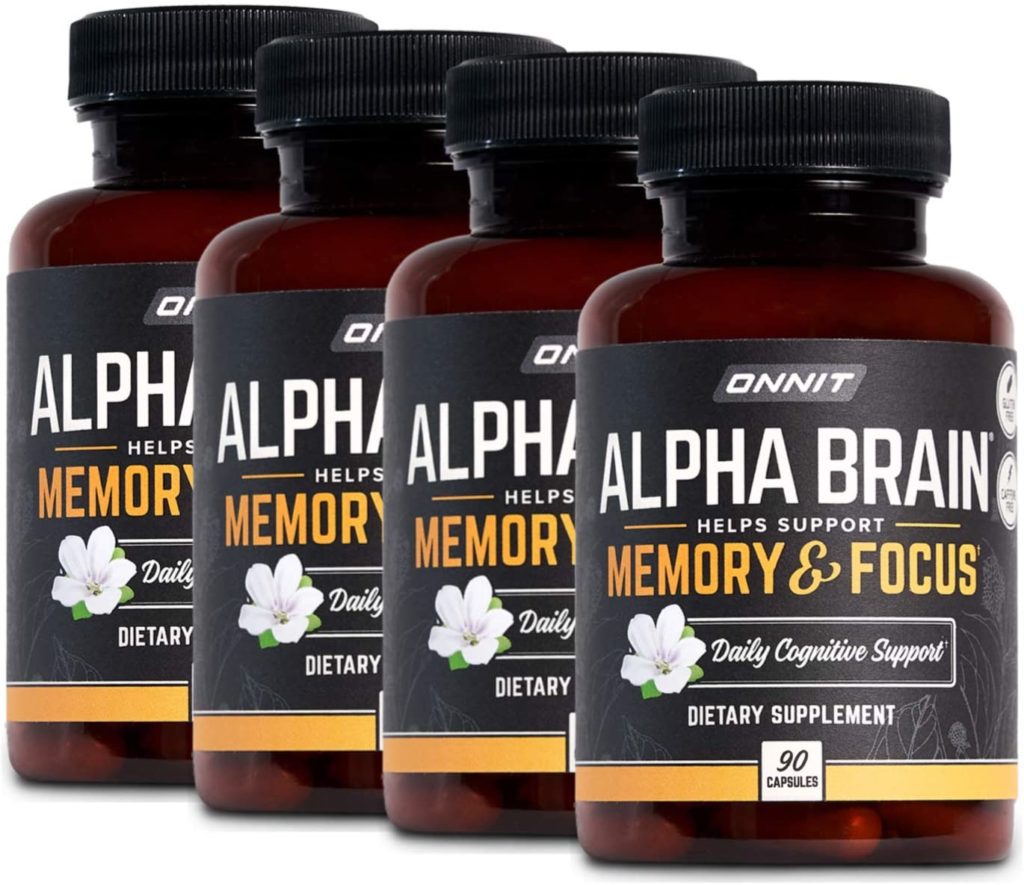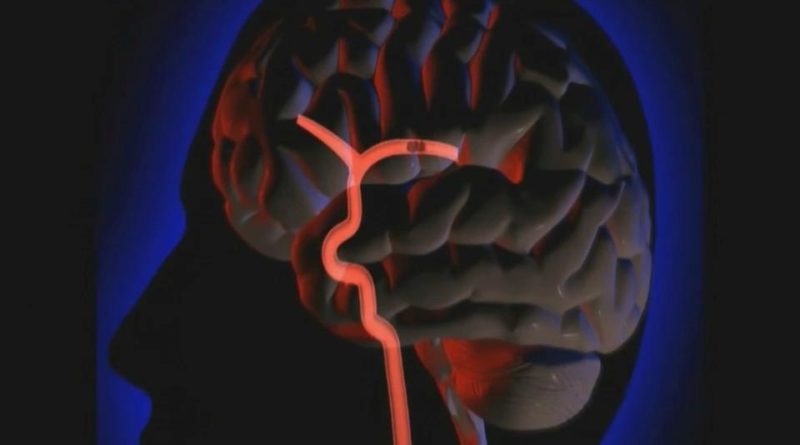Gabapentin May Help Repair Brain After Stroke
[Please note that this page contains affiliate links. If you choose to purchase after clicking a link, I may receive a commission at no extra cost to you.]
Ohio State scientists discovered that an already approved and commonly prescribed drug, named gabapentin, could help the brain repair itself after suffering a stroke.
Gabapentin is used to help control seizures and manage nerve pain. However, in mice with blood clot-induced strokes, Gabapentin helped the mice recover fine motor control in the upper limbs, with improvement even after the therapy ended.
The finding builds on previous research, and the researchers found that gabapentin blocks a protein in the brain that can stop healing.
They compared the protein to the brake pedal in a car. You will not go too far if you press down on the brake, no matter how hard or amount you push on the gas pedal.
Gabapentin for Stroke Recovery
A stroke is caused by a clot cutting off blood supply to a part of the brain, leading to brain cells’ death in the surrounding region.
This leads to long-term complications, including emotional and memory issues, loss of muscle use, and difficulty swallowing and talking.
According to the CDC, over 600,000 people have a first stroke each year, which means millions will need help with recovery in the next few years.
The Natural Repair Systems
The first level of therapy for stroke is to re-establish blood flow as fast as possible. However, the scientists discovered that this critical step had no impact on gabapentin’s usefulness, with motor function improvement happening whether the mice got the drug an hour or the day after stroke onset.
After the mice had a stroke, the neurons accountable for sending signals to the muscles on the sides that are undamaged of their brains began birthing new axons to form new connections, referred to as “plasticity” — the capability of brain areas to repair damaged and adapt structures and circuits.
Injured neurons can form “hyperexcited,” the firing signals that may cause pain and muscle contractions.
If a brain protein named alpha2delta2 is expressed too much after being damaged by a stroke, it may contribute to this condition as it slows down axon growth.
A Better Fix: Gabapentin
Gabapentin constrains this protein, letting the nerve cells regrow and organize more effectively and efficiently.
Mice that got gabapentin daily for six weeks regained fine motor control in their upper limbs, and it lasted for up to two weeks after the dosing stopped; control mice who didn’t receive gabapentin didn’t regain motor control.
The researchers think that their study may be a first step towards finding a better use for an already-approved drug. As Gabapentin is already widely understood and used, trials in humans can be easier and faster than new meds.


